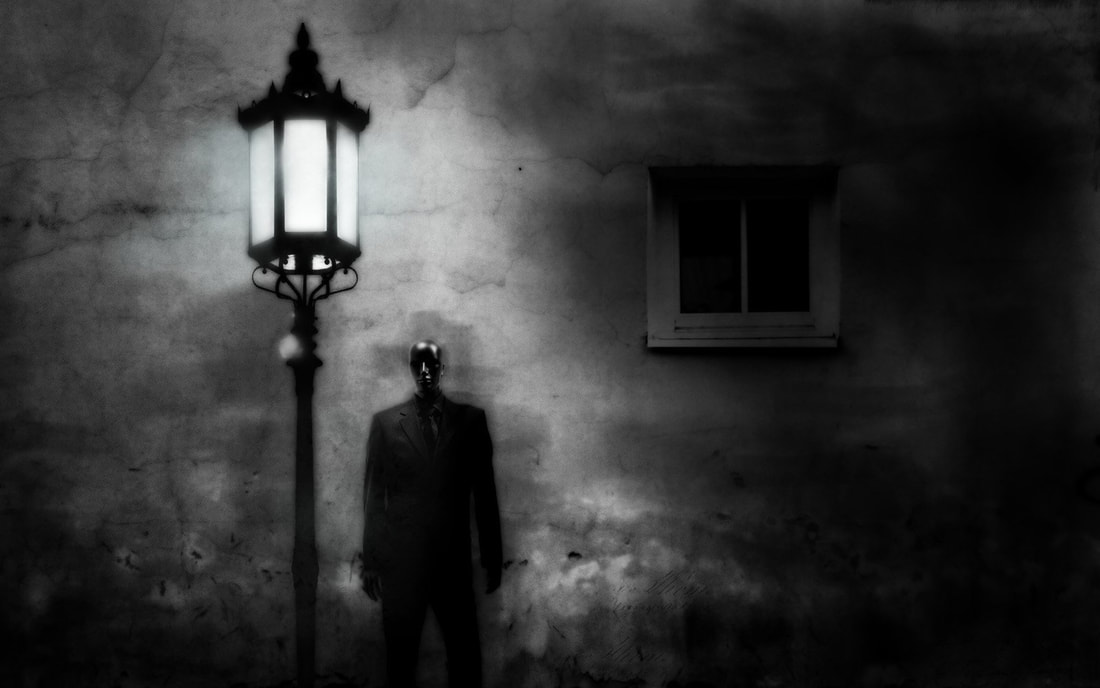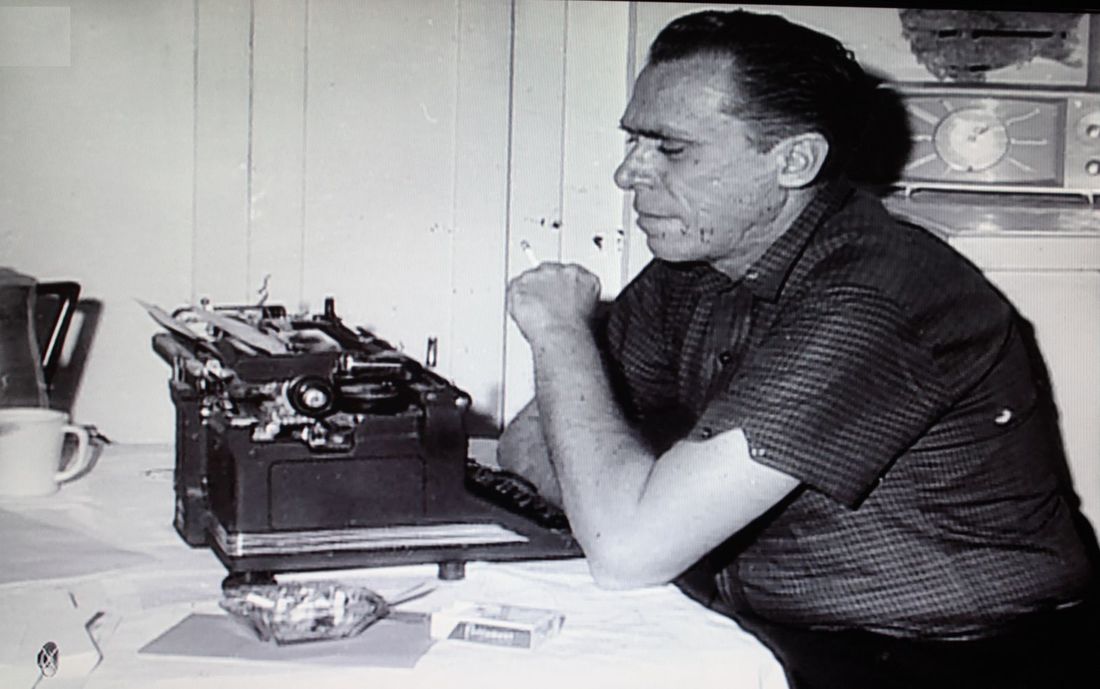These terms appear on the internet rather frequently these days. As far as I know, they originate from males on the right end of the political spectrum who coined these pejoratives as sneering insults against males they disapprovingly consider traitors and opponents. The barb the insults contain - the scoff against a perceived lack of masculinity - is obvious, but what makes them interesting is that they come at a time when the very notion of what masculinity should comprise or represent is being challenged. For some, masculinity amounts to little more than a violent, aggressive, predatory, and oppressive social construct that needs to be challenged and, ultimately, destroyed. For others, masculinity is part of an inarguable biological reality that, in itself, is essentially admirable and good, but as is the case with practically anything else, can easily be corrupted to become something deplorable and malevolent. However masculinity is defined, there is no denying its current place of prominence in contemporary social discourse. What men are and how they should behave is very much in vogue these days.
I thought quite a bit about masculinity while I was writing my novel The City of Earthly Desire. I found myself wondering what an optimal form of masculinity might be and how individual males could achieve it. It is a difficult question. In one of his many YouTube videos touching upon the subject, psychologist Jordan Peterson defines optimal masculinity as a competent man who is capable of mayhem, but is able to render this mayhem under control. According to Peterson, a good man is someone who is capable of violence, aggression, and oppression, but chooses not to employ these attributes and instead harnesses these energies to bring about good in the world. Men who surrender to violence and aggression without justification are corrupt, he argues. To be honest, I like this interpretation and it mirrors my own beliefs about what optimal masculinity looks like. Good men are fierce, principled, and firm, but they do not allow themselves to become tyrants. Good men also do not allow themselves to be pushovers just for the sake of being good. Good men are civilized monsters rather than cowards and slaves.
For better or for worse, these traditional notions have not made much of a dent in the ruling ideology of the day which decrees masculinity itself is oppressive. The time has come for men to change, this line of thinking cries. Men need to become more sensitive, less aggressive, and more submissive to those around them. In other words, men should change the exact notions of what it has traditionally meant to be a man. Some go as far to demand that men have weakness and emasculation imposed on them through societal forces if they are unable to do so at the level of the individual. The violence, aggression, and oppression must be reverse socially constructed and the concept of masculinity must be obliterated altogether. Peterson advises against this, arguing that the pursuit would create a world filled with weak, emasculated men who would be of benefit to no one. I am no admirer of weak and emasculated men either and I agree with Peterson's argument. Then again, a word filled with corrupted men who are unable or unwilling to wield masculinity properly would be of little benefit to anyone as well.
As I mentioned before, I explored the concepts of emasculated and corrupted masculinity when I wrote my novel The City of Earthly Desire. I constructed the protagonist to be a typical “nice guy.” Unlike our contemporary soy boy, Béla Drixler is not a low-testosterone, feminized male, but rather a typical beta “good guy.” Though Béla has many admirable qualities – honesty, conscientiousness, agreeableness – his overall goodness also makes him indecisive, unassertive, meek, childish, irresponsible, and gullible. Simply put, his ingrained and flawed conception of goodness makes him a patsy. The flaws inherent in his goodness become apparent when he meets his love-interest, Suzy Kiss, who recognizes his weakness immediately and uses it to manipulate and dominate him for the bulk of the story. Béla’s inherent goodness, coupled with his incessant desire to please, not only make him blind to manipulation and reality, but also eventually lead to his downfall.
I must admit, Béla Drixler was not an easy character to create. He is also not an easy character to read. Nevertheless, I felt the need to analyze weak men like Béla because, as far as I can tell, the West is completely flooded with pushovers like him. When I created Béla, part of my motivation was to show that – despite the contemporary scorn for so-called toxic masculinity and unchecked male aggression – weak, good men such as he are not only undesirable, but ultimately harmful to themselves and society at large.
I present many examples of corrupted masculinity in the novel, but the crime boss Viktor Vilinovich, based loosely on the real-life figure of Semion Mogilevich, is probably the best example. I will not go into the details about his character here; suffice it to say he is a true representative of what many refer to as toxic masculinity. (Despite the prevailing fashion of the day, I despise this term, but I will use it here for the sake of this post.)
I am not sure how effective my analyses or portrayals of weak masculinity and corrupted masculinity are in The City of Earthly Desire, but I am certain of one thing. A good man can be neither weak nor corrupt; a weak man or a corrupt man cannot be good. Try as they might, weak men and corrupted men can also never be virtuous. In the end, an optimal form of masculinity might be one that is strong without being corrupt, sensitive without being weak, and assertive without being tyrannical. Perhaps this is along the lines of optimal masculinity for which individual males should aim.







 RSS Feed
RSS Feed

